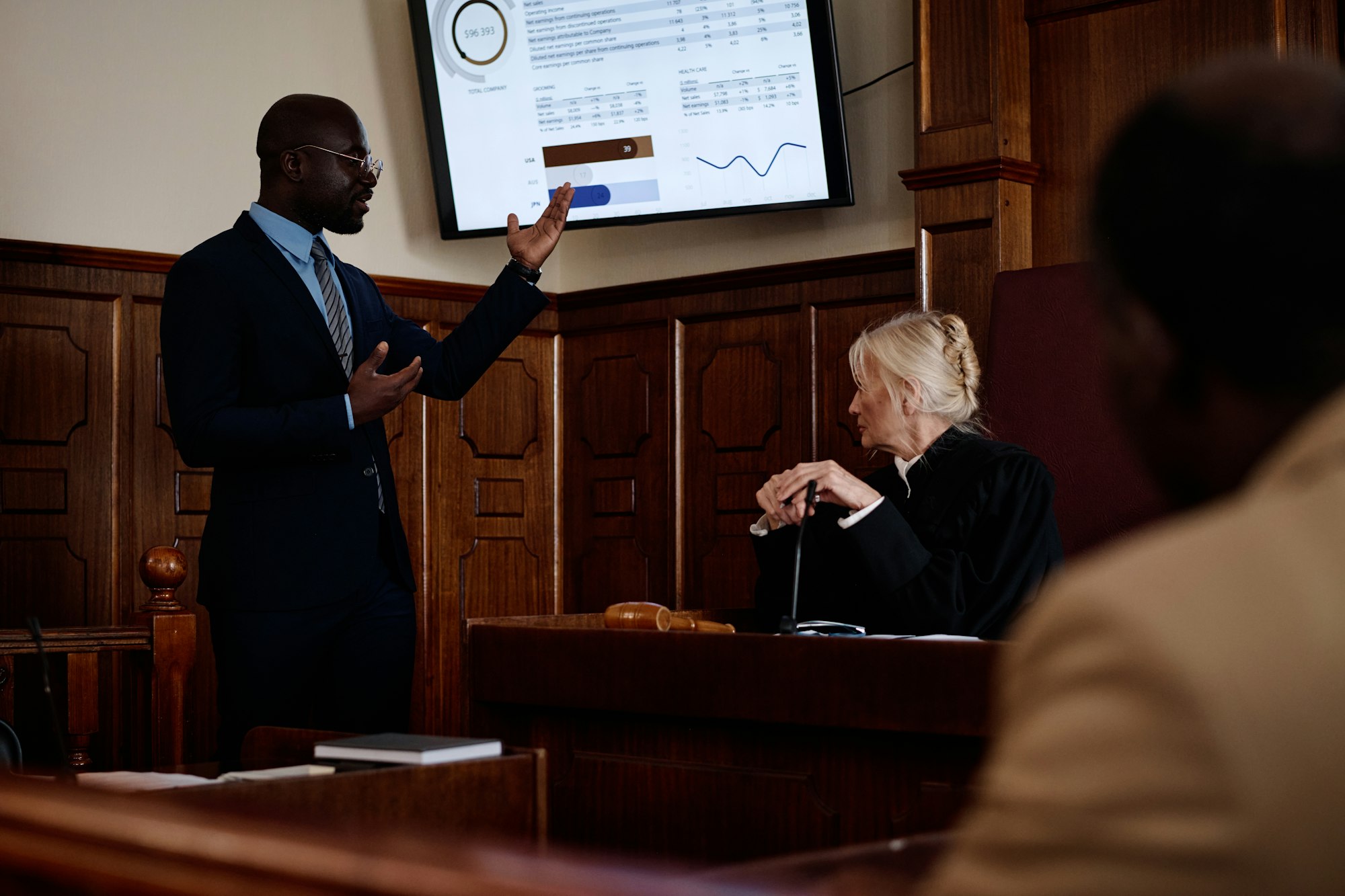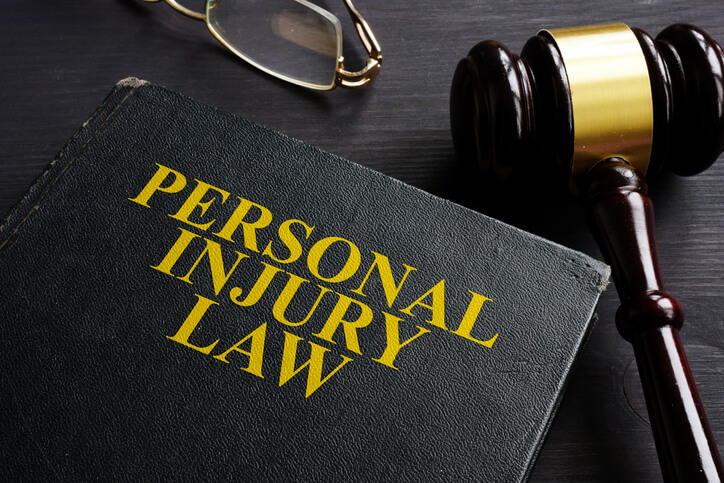Now Reading: Understanding the Importance of Court Reporting in Legal Proceedings
-
01
Understanding the Importance of Court Reporting in Legal Proceedings

Understanding the Importance of Court Reporting in Legal Proceedings
Have you ever wondered how every word spoken in a courtroom is documented for posterity? It’s not magic, but the vital skill of court reporting. In today’s complex legal system, a flawless record is crucial for ensuring fair trials, upholding appeals, and safeguarding the rights of everyone involved.
But for many, the role of a court reporter remains shrouded in mystery. This article dives deep into court reporting, unveiling its significance in legal proceedings. We’ll explore the demanding tasks court reporters perform, the impact their accuracy has on the justice system, and the evolving technologies shaping this essential field.
By the end, you’ll gain a newfound appreciation for these silent guardians of the courtroom, ensuring every voice is heard and every detail preserved. So, whether you’re a legal professional, a curious citizen, or someone simply interested in the intricate workings of the court system, keep reading to unlock the fascinating world of court reporting.
Record Every Word Accurately
Court reporting plays a crucial role in legal proceedings by accurately documenting every word spoken during hearings, trials, and depositions. This meticulous record ensures that nothing is missed or misunderstood, providing an essential reference for judges, attorneys, and other parties involved in the case.
By capturing every statement, question, and response with precision, court reporters help maintain the integrity of the legal process. This accuracy is especially vital for creating transcripts that serve as official records of the proceedings. These transcripts can be referenced in appeals, used for legal research, or consulted during future related cases.
Moreover, court reporters often utilize specialized technology and shorthand techniques to transcribe spoken words quickly and efficiently. Their expertise allows them to navigate complex legal terminology and capture dialogue in real-time, ensuring the record is comprehensive and reliable.
Provide Trail Support
It is a vital aspect of legal proceedings and plays a pivotal role in ensuring the smooth execution of trials. Court reporters are at the forefront of providing this essential service, leveraging their expertise and cutting-edge technology to facilitate seamless communication and effective collaboration among all parties involved.
Trail support encompasses a wide array of services, including real-time transcription, litigation support, and video conferencing capabilities. Real-time transcription allows attorneys and judges to follow the proceedings as they unfold, enhancing comprehension and decision-making. Litigation support here includes video depositions and exhibit management, which streamline the presentation of evidence and enable efficient case preparation. Moreover, video conferencing technology has revolutionized trail support by enabling remote participation, reducing travel costs, and enhancing accessibility.
Help with Copying and Scanning
Copying and scanning are integral aspects of legal proceedings, complementing the importance of court reporting. These services ensure the efficient management of legal documents, enhancing accessibility and organization. Digitizing physical files, copying, and scanning enable easy retrieval and sharing of information, streamlining the litigation process. High-speed scanners and advanced software facilitate the transformation of stacks of paper into well-organized digital files with features like Bates stamping and pagination. This saves time and reduces the risk of errors associated with manual document handling.
Moreover, maintaining the highest level of accuracy in every document job is crucial to upholding the integrity of legal proceedings. From creating searchable PDFs to providing secure pick-up options, copying and scanning services play a vital role in supporting attorneys and legal teams in preparing for cases effectively.
Overall, these services ensure that legal professionals have the necessary tools and resources to navigate the complexities of the justice system efficiently.
Tips for Choosing the Right Court Reporting Firm
- Consider the firm’s reputation and experience in the field of court reporting.
- Look for firms that offer a wide range of services, including real-time reporting, transcription, and video conferencing.
- Evaluate the technology and tools used by the firm, ensuring they are up-to-date and reliable.
- Check if the firm has certified and experienced court reporters who are proficient in legal terminology.
- Assess the firm’s track record of delivering accurate and timely transcripts.
- Inquire about additional services offered, such as document management and trial support.
- Verify the firm’s compliance with industry standards and regulations, such as HIPAA, for confidentiality.
- Read client testimonials and reviews to gauge satisfaction levels with the firm’s services.
- Request quotes and compare pricing structures to ensure transparency and value for money.
- Consider the firm’s geographical coverage and availability to accommodate your scheduling needs.
Wrapping Up
Now you know why court reporting firms are essential in the legal landscape. Their meticulous documentation, advanced technology, and commitment to accuracy ensure transparency and efficiency in legal proceedings.
So why wait any longer? Choose a reputable firm to meet your court reporting needs with confidence. Don’t let uncertainty linger when expert support is readily available.










